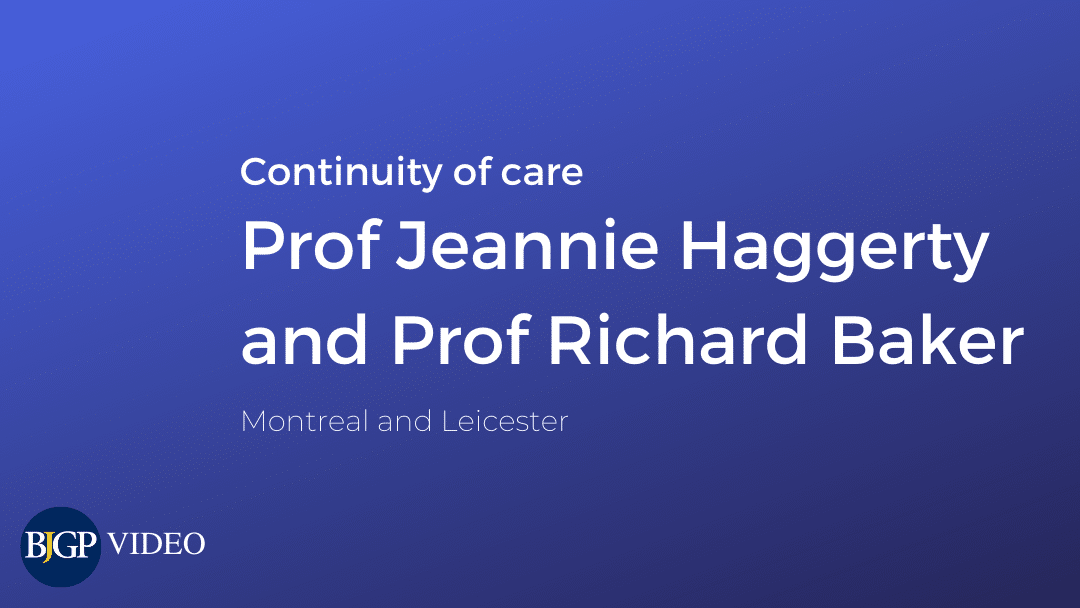
Who would have wanted to be a lead clinician in Public Health England at the start of the pandemic? It put me in mind of the famous scene from the film of The Third Man, with Orson Welles as the racketeer Harry Lime, looking down at people in the fairground and asking: “Would you feel any pity if one of those dots stopped moving forever? If I offered you £20,000 for every dot that stopped-would you really, old man, tell me to keep my money? Or would you calculate how many dots you could afford to spare?”
We are used to looking at the individual in front of us, although we rely heavily on population studies to influence clinical decision making.
As general practitioners we are predominantly used to looking at the individual in front of us, although we rely heavily on population studies to influence clinical decision making. Occasionally we are caught out, Janus like, trying to look both ways. Puzzling at clinical pictures where our gut reaction nags us that a patient has a malignancy, but simultaneously aware of statistical analysis which tells of the low diagnostic yield of an investigation in that symptom setting. It is unsettling to look after the patient with a colorectal cancer missed on colonoscopy and wondering if we had asked for further investigation would the outcome have been different?
When the initial reports of the 1% mortality rates for coronavirus were discussed, how many of us felt that sense of unease, working out how many patients on our practice list would be lost, how many in our town, our family, our country? For the patient, it is cold comfort to know that your presentation is very rare and so not picked up by algorithms or protocols. There is no succour in being the “interesting case“. Similarly, individual grief at the bereavement from COVID-19 is not abated by knowledge of the population effects or the pandemic context. We cannot look through both ends of the telescope at once.
Trying to balance the population losses against individual and economic loss is an impossible job.
Trying to balance the population losses against individual and economic loss is an impossible job. No organisation is ever going to be perfect at doing so. Looking back at the previous performance of Public Health England and learning lessons would have been prudent. But in a typical government response to unpalatable results we find ourselves being reorganised at the worst possible moment. The tendency to respond to disappointment in health service performance with restructuring and a tightening of central control has been repeatedly criticised. Changes consume time and energy, which are in short supply. Time in establishing governance and accountability frameworks, time in dealing with redundancy, time in appointing staff to new roles and developing new organisational knowledge and goodwill. Further, the appointment of a lead executive with no scientific background appears, at best, courageous and surprising to clinicians outside the public health sector.
Members of the current government have seasoned their speeches with their knowledge of the classics on more than one occasion. One has to hope that they remember the verdict of Calgacus, a British chieftain, discussing the tactics of the Roman imperialists: “They make a desert and call it peace”.1
References
1. Tacitus, Agricola AD 98.
Featured photo by Dominik Lange on Unsplash








